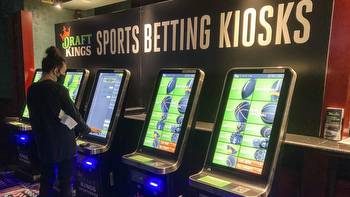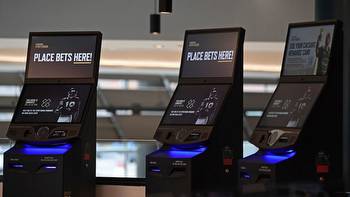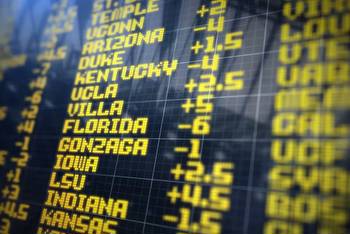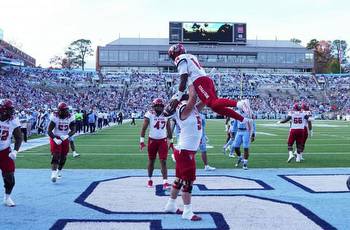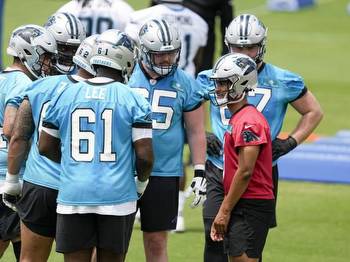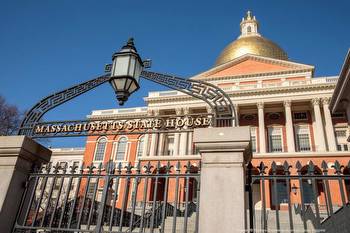Bill allowing sports betting in North Carolina passes Senate

House Bill 347, filed by Rep. Jason Saine and a bipartisan group of lawmakers, exited the North Carolina Senate after a 37-11 vote. It will now head back to the House aimed at legalizing sports betting. Governor Roy Cooper has already said he will sign it into law if it passes both houses.
The Senate made some changes to the bill passed by the House earlier this year, so now the House must decide whether to accept the changes to its proposal or try to negotiate a compromise. House Speaker Tim Moore anticipated the House would vote to accept the changes this week.
HB347 would allow online betting on sports from January 1, 2024. It allows up to a dozen operators to purchase renewable five-year licenses for $1 million each.
Betting would be allowed on professional, collegiate, electronic and Olympic sports. The North Carolina State Lottery Commission would regulate sports betting, which is currently only allowed in tribal casinos in North Carolina.
Operators would pay an 18% tax on gross gaming revenue. The bill does not allow businesses to deduct the cost of promotions or credits often used to attract customers.
Projections indicate that North Carolina could receive $100 million in tax revenue through the 2027-28 fiscal year, according to the state’s tax research division. According to projections, more than $6.6 billion would be staked in North Carolina by the third year of legalization.
US sports betting market numbers
Between January and November 2022, the value transacted through the sports betting market reached more than US$ 79.6 billion in the United States, according to the report released by the Variety Intelligence Platform.
Compared to the amount generated in 2021, there is an increase of 98%. Calculating based on the years 2020 and 2019, there is an evolution of 569% and 2,268%, respectively.
Among the states that participated in the report, New York appears at the top of the list, with US$ 13 billion. Next, New Jersey occupies second place with US$ 8.1 billion.










